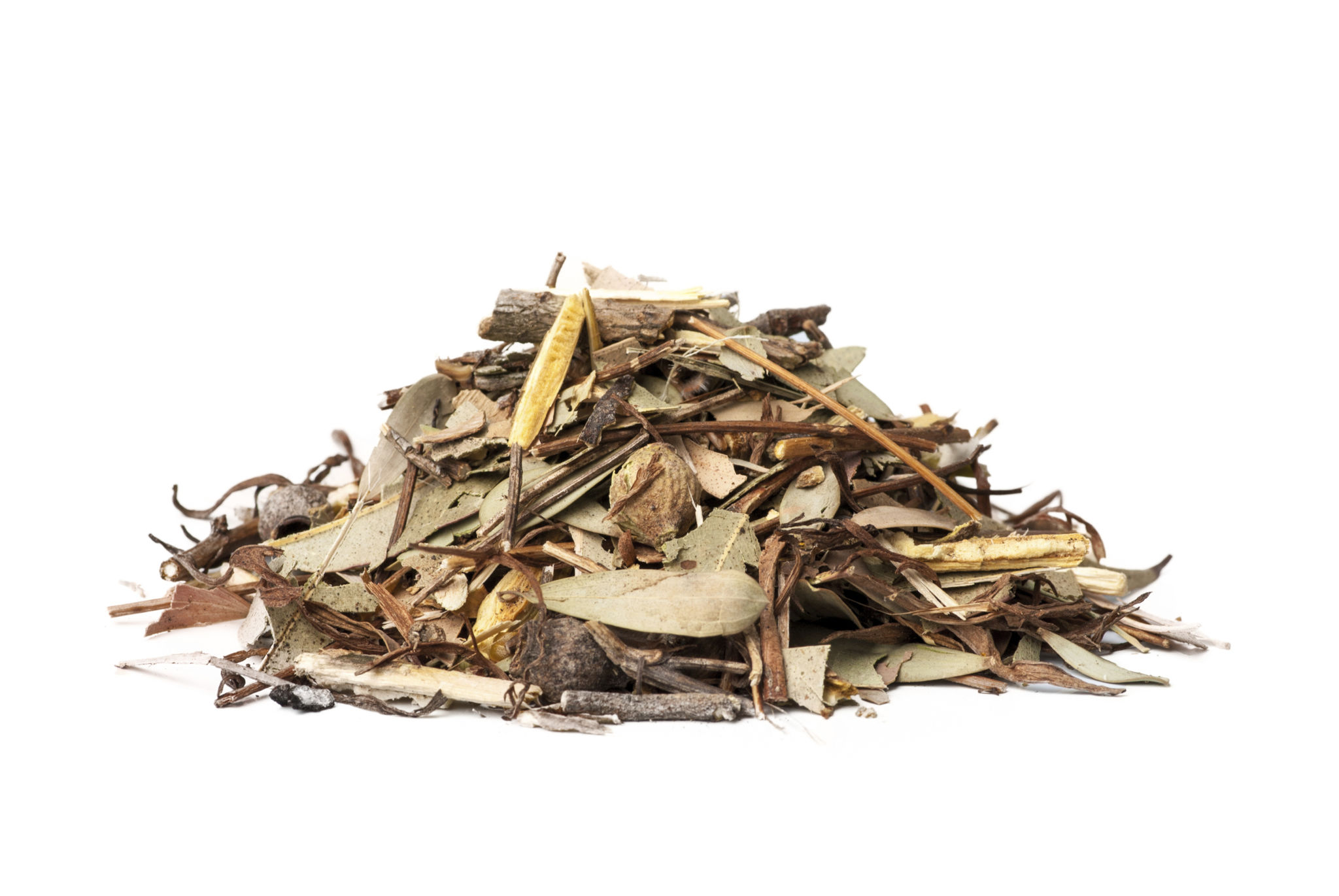Understanding Massachusetts Lawn Care Regulations: What Homeowners Need to Know
Understanding Massachusetts Lawn Care Regulations
Maintaining a healthy and vibrant lawn in Massachusetts requires more than just regular mowing and watering. Homeowners must also comply with a range of state regulations designed to ensure environmental safety and sustainability. Understanding these regulations can help you keep your lawn in top shape while also protecting the local ecosystem.

Pesticide Use and Restrictions
In Massachusetts, the use of pesticides is regulated to minimize environmental harm. Homeowners should be aware that some chemicals may be restricted or banned entirely. Always read labels carefully and choose products that are approved by the Massachusetts Department of Agricultural Resources (MDAR). Additionally, it’s crucial to follow application guidelines to avoid overuse, which can lead to runoff and contamination of local water sources.
If you prefer a more organic approach, Massachusetts encourages Integrated Pest Management (IPM) practices. IPM focuses on using natural methods such as introducing beneficial insects or using physical barriers to control pests, reducing the need for chemical interventions.

Fertilizer Guidelines
Fertilizers are essential for maintaining a lush lawn, but improper use can have negative environmental impacts. In Massachusetts, laws regulate the type and timing of fertilizer applications to prevent nutrient runoff into waterways. It is recommended to conduct a soil test before applying fertilizers to determine the specific nutrient needs of your lawn.
The state advises limiting the use of phosphorus-containing fertilizers unless a soil test indicates a deficiency. Moreover, avoid applying fertilizers before heavy rain is expected, as this increases the risk of runoff. Always follow the recommended rates and application methods to ensure compliance with state guidelines.
Water Conservation Practices
Watering your lawn efficiently is not only a practical consideration but also a regulatory one in Massachusetts. The state encourages homeowners to adopt water conservation practices, particularly during periods of drought. Consider using drought-resistant grass varieties that require less water, and install rain sensors on irrigation systems to prevent unnecessary watering.

It’s also beneficial to water early in the morning or late in the afternoon when evaporation rates are lower, allowing more water to reach the roots. These practices can help reduce water waste and ensure your lawn remains healthy even under water restrictions.
Composting and Waste Management
Lawn clippings and other organic waste can be a valuable resource if managed properly. Massachusetts promotes composting as an environmentally friendly way to recycle yard waste. Composting not only reduces landfill use but also provides nutrient-rich material for your lawn and garden.
When mowing, consider leaving grass clippings on the lawn as they decompose quickly and return valuable nutrients to the soil. If you choose to collect them, composting is an excellent way to manage this waste efficiently.

Local Regulations and Community Guidelines
In addition to state regulations, it’s important to be aware of any local bylaws or community guidelines regarding lawn care. Some neighborhoods may have additional restrictions on watering times or specific landscaping requirements. Check with your local municipality or homeowner’s association for any additional rules that may apply.
By understanding and adhering to these regulations, homeowners in Massachusetts can enjoy beautiful lawns that are both environmentally friendly and compliant with state and local laws. Staying informed and adjusting your lawn care practices accordingly can make a significant difference in preserving the natural beauty of your surroundings.
